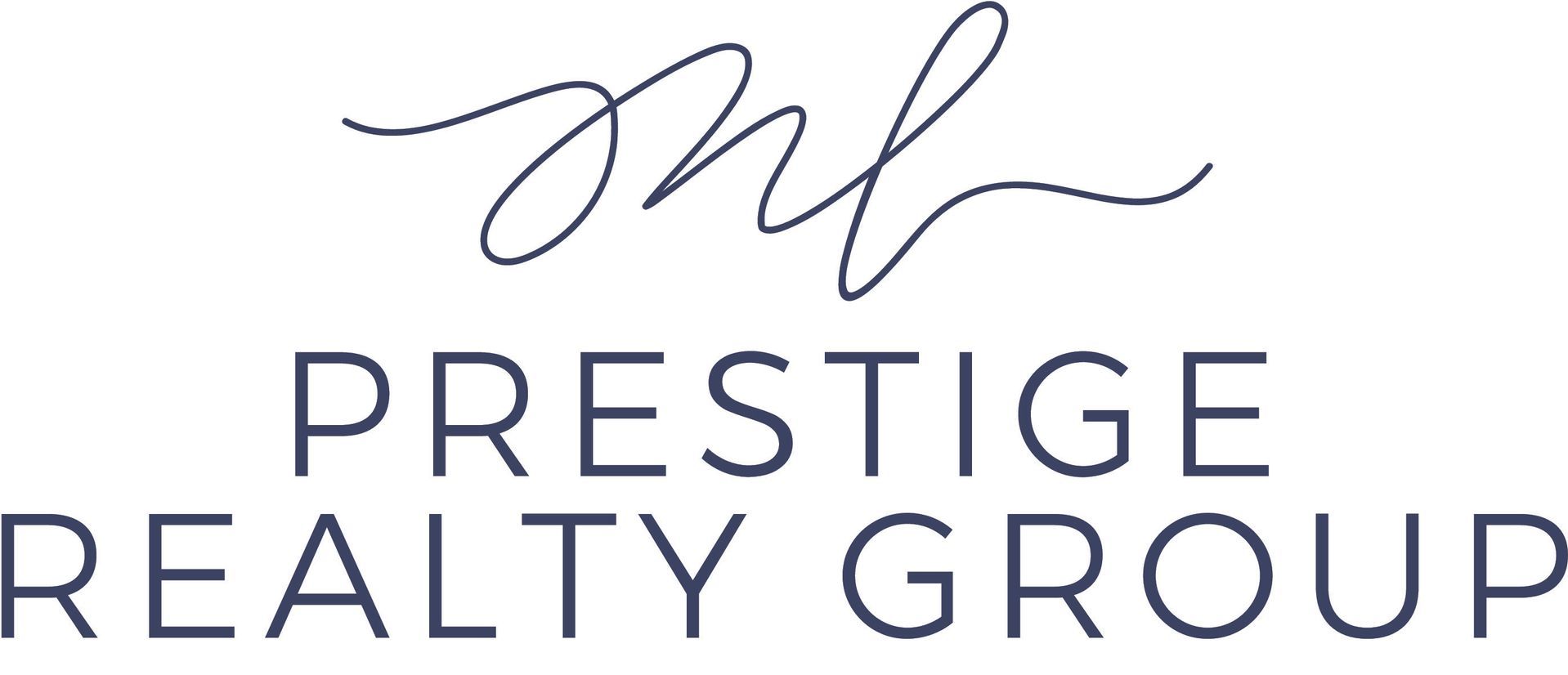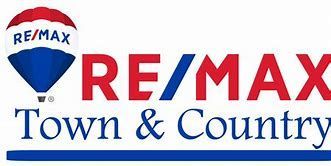Smart Tax Moves for Buyers & Sellers in the Luxury Lane
Buying or selling luxury real estate in NC, GA, or SC? Here’s your guide to navigating capital gains, property taxes, homestead rules and other tax strategies to keep more dollars in your pocket.
Introduction
Disclaimer:
I am
not a tax professional, CPA, or financial advisor. The information in this post is provided for
general educational purposes only and should not be considered legal, tax, or financial advice. Tax laws vary by state and individual circumstance and are subject to change.
Before making decision, please consult a licensed tax professional or CPA who can advise you based on your personal financial situation.
You’ve found “the one.” Maybe it’s morning glass-lake views in Georgia, mountain peaks in North Carolina, or a serene Oconee County retreat in South Carolina.
Welcome to the good life.
Now let’s keep it good — by making sure your tax strategy is as smart as your home search.
With 30+ years in business and 10+ relocations myself (yes, I can pack a moving truck like Tetris), I’ve helped luxury buyers and sellers navigate the financial side of premium property. I lead The M | L Prestige Realty Group at RE/MAX Town & Country, serving NC, SC & GA.
Let’s make sure your dollars behave.
Know Your Ownership Type
Real estate can wear multiple hats — primary home, second home, long-term rental, or short-term income property. Each comes with very different tax rules.
Primary Residence
- Capital gains exclusion: $250k (single) / $500k (married) if you’ve lived there 2 of the past 5 years.
- Luxury sellers often exceed those thresholds — planning ahead helps.
Second Home
- Not eligible for the exclusion above.
- Limited ability to deduct interest + taxes due to SALT caps.
Investment / Vacation Rental
- Revenue + depreciation possibilities.
- The IRS cares how much personal vs rental use you report — and so should you.
I know — nothing ruins a sunset over Lake Keowee like the words “personal vs rental days.”
Common Tax Traps (a.k.a. “Don’t let Uncle Sam win”)
SALT Cap Surprises
- State + Local Tax deductions are capped at $10,000.
- Big homes = big taxes; big taxes = big cap sadness.
Mixing Business & Personal
- If you rent part-time and stay part-time, track usage carefully
- Sloppy records = sad CPA.
Repairs vs Improvements
- Repairs = potentially deductible.
- Improvements = add to your basis for future gain.
Mis-categorizing large projects can create a four-letter-word moment at filing time.
Home Office Overreach
- Claim only what qualifies. “My kitchen island is where I take Zoom calls” doesn’t count.
(Trust me, your CPA will not fall for that one.)
NC • SC • GA — What’s Different?
North Carolina
- Property taxes vary by county; some lake/mountain markets run higher.
- Second-home & Airbnb use? Track usage — deductibility depends on days rented vs personal stays.
South Carolina
- SC has a 4% primary residence rate vs 6% non-primary.
- Getting this wrong = a bigger tax bill than your Home Depot run.
Homestead Exemption (SC):
- For primary homeowners 65+, 100% disabled, or legally blind.
- Applies only to primary residency.
Georgia
- Homestead exemptions vary by county; some offer generous reductions.
- Capital gains rules align federally, but local millage rates swing widely.
Smart Moves for Sellers
Time Your Sale
If you’re close to hitting the 2-of-5 year occupancy requirement, wait it out to secure the capital-gains exclusion.
Consider a 1031 Exchange
Selling an investment property?
A 1031 lets you defer capital gains by investing in another like-kind property.
Like-kind ≠ identical. It means real estate for real estate — not a boat or an Alpaca farm.
Smart Moves for Buyers
Use Today’s Basis to Your Advantage
- Your basis is the starting point for eventual capital gain.
Buy early in an appreciating area → potential tax win later.
Thinking About Renting?
Track:
- Rental days
- Personal days
- Mixed-use
- This dictates depreciation + expense strategy.
Consider Entity Structure
Some investors hold rental property in an LLC for liability + tax flow-through considerations. Worth a CPA chat.
Your 10-Minute Luxury Tax Checklist
(Printable + Pre-CPA meeting cheat sheet)
Buying
- ☐ Will this be primary, second, or rental?
- ☐ County + city tax rates reviewed
- ☐ Usage planned + logged
- ☐ Considered title under personal name vs LLC
- ☐ Records system set up
Selling
- ☐ Confirm 2-of-5 residence status
- ☐ Evaluated improvement receipts for basis adjustments
- ☐ Discussed 1031 exchange
- ☐ Closing timing reviewed for tax year impact
Across the board
- ☐ Keep receipts organized
- ☐ Track mileage + improvements
- ☐ Meet CPA quarterly
Final Thoughts
Whether you’re sipping wine on your dock or chasing mountain sunsets while your kids (or dogs) cannonball into the lake, smart real-estate decisions shouldn’t end at closing. They should extend to your tax strategy.
The good news? You don’t have to go it alone.
Need help connecting with a great tax pro?
I’ve got a roster of CPAs who speak “luxury home + rental + multi-state,” and they’re fluent in keeping more money in your pocket.
Let’s chat before you buy, sell, or renovate — a quick conversation can save thousands.






